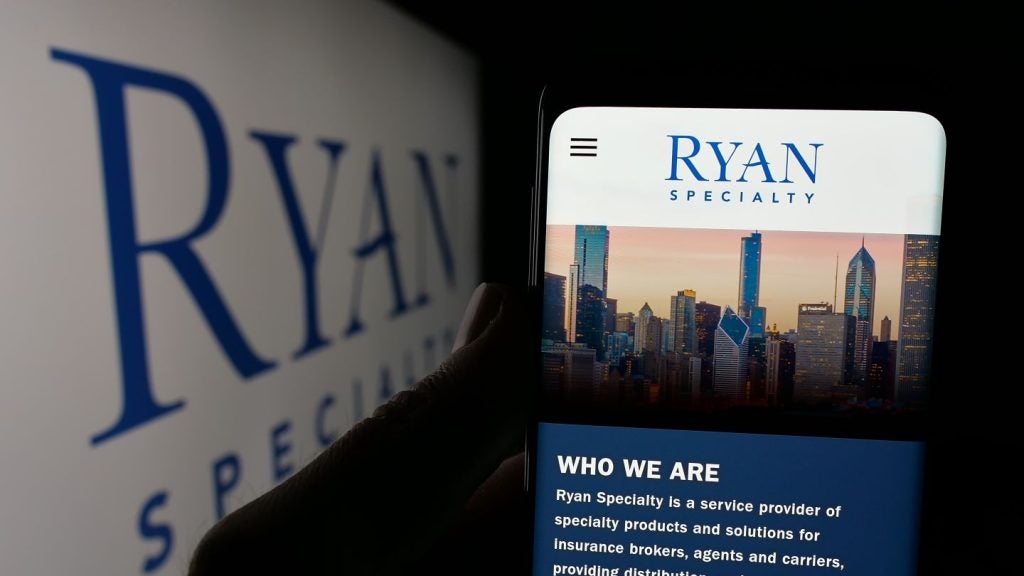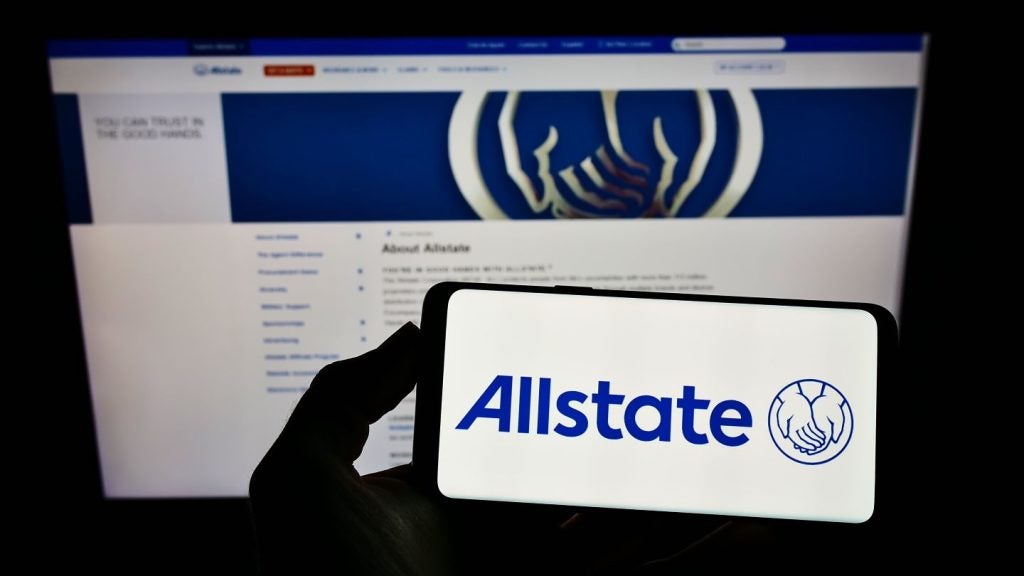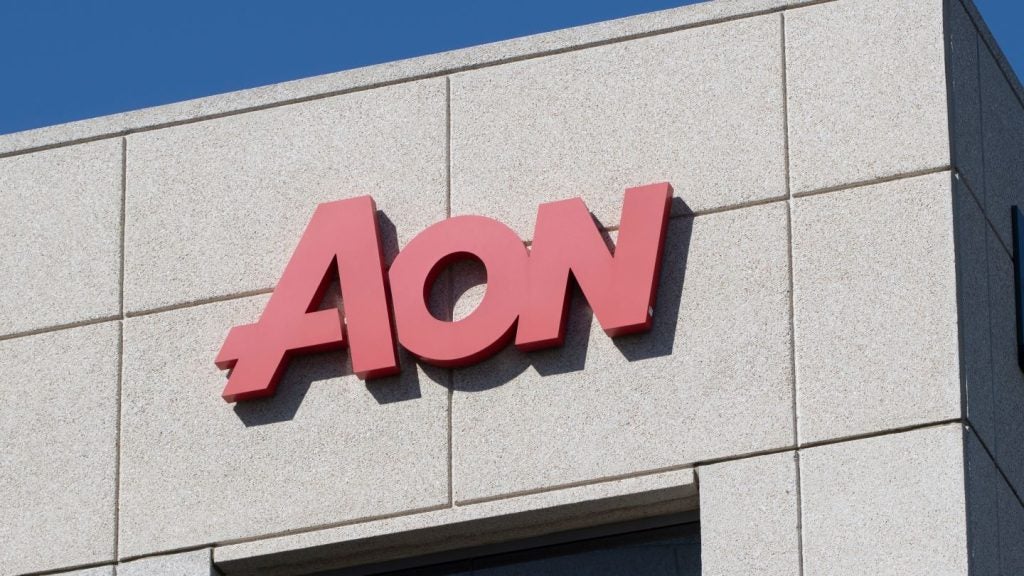With the average hospital stay in the United States now costing approximately $10,0001, Aflac’s new hospital plan is a cost-effective benefits solution that helps workers pay for expenses that are not covered by major medical insurance.

Access deeper industry intelligence
Experience unmatched clarity with a single platform that combines unique data, AI, and human expertise.
Aflac’s Hospital Advantage policy offers multiple options and levels and includes hospital confinement benefits of up to $3,000, a health savings account-compatible option, guaranteed-renewable options and one rate for all ages.
"It’s clear that workers are facing rapidly increasing costs associated with their health care, but our research shows that many are financially unprepared to deal with higher out-of-pocket expenses, increased deductibles and co-payments," said John Harmeling, senior vice president of Aflac Worksite Marketing. "Our new Aflac Hospital Advantage policy offers added protection to help offset rising hospital care costs and can help provide employees with peace of mind during their time of need."
Product benefits per covered individual include:2
Option 1 — Cash benefits of up to $3,000 for hospital confinement and up to $100 per day for treatment at a rehabilitation facility, in a hospital emergency room and during short hospital short-stays, depending upon the plan selected.
Option 2 — All benefits included in Option 1, plus cash benefits of $25 per physician visit, $150 for once-yearly medical diagnostic and imaging, and up to $1,000 twice yearly for transportation via air ambulance.
Option 3 — All benefits included in Options 1 and 2, plus cash benefits of up to $1,000 per 24-hour period for surgery and $100 per 24-hour period for invasive diagnostic exams.
Option 4 — All benefits of Options 1, 2 and 3, plus cash benefits of $100 per day for hospital confinement of up to 365 days, as well as for intensive care unit confinement of up to 30 days.
Option H (HSA-Compatible) — This is an HSA-compatible plan and includes a hospital confinement benefit of up to $3,000, as well as $100 per day for daily hospital confinement and hospital intensive care unit confinement.

US Tariffs are shifting - will you react or anticipate?
Don’t let policy changes catch you off guard. Stay proactive with real-time data and expert analysis.
By GlobalDataAmerican workers without financial plans in place could have difficulty paying for high out-of-pocket costs resulting from an accident or illness such as mortgage, rent or car payments, transportation, groceries and child care. In fact, many Americans are not prepared to pay for these costs: According to the 2012 Aflac WorkForces Report, 28 percent of workers have less than $500 and 51 percent have less than $1,000 in savings for emergency expenses.3
"Americans who are strapped for cash generally budget their money based on their current living expenses and priorities, making illnesses and injuries something they react to, rather than plan for," said Harmeling. "Aflac Hospital Advantage steps in to help when it’s needed most."







